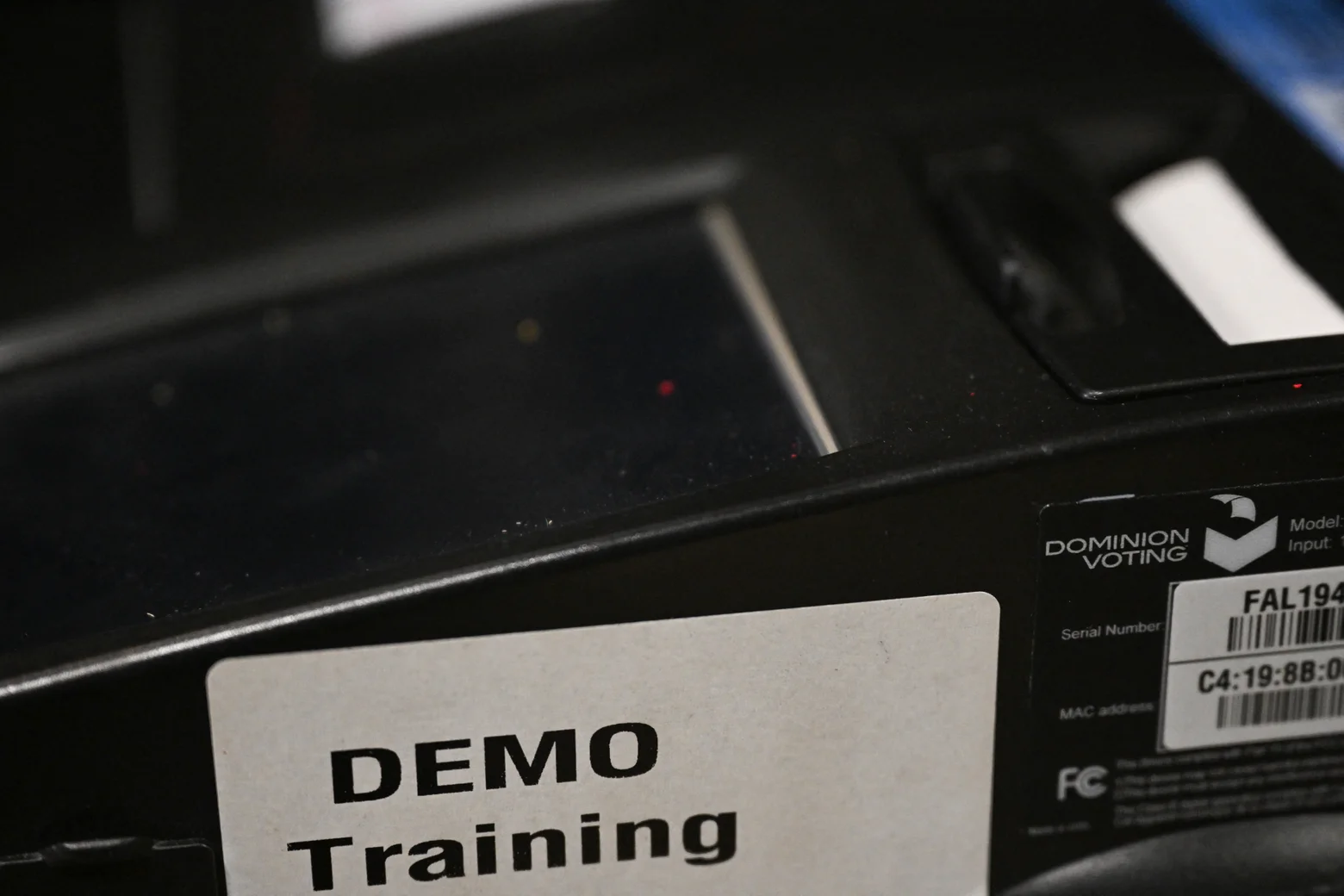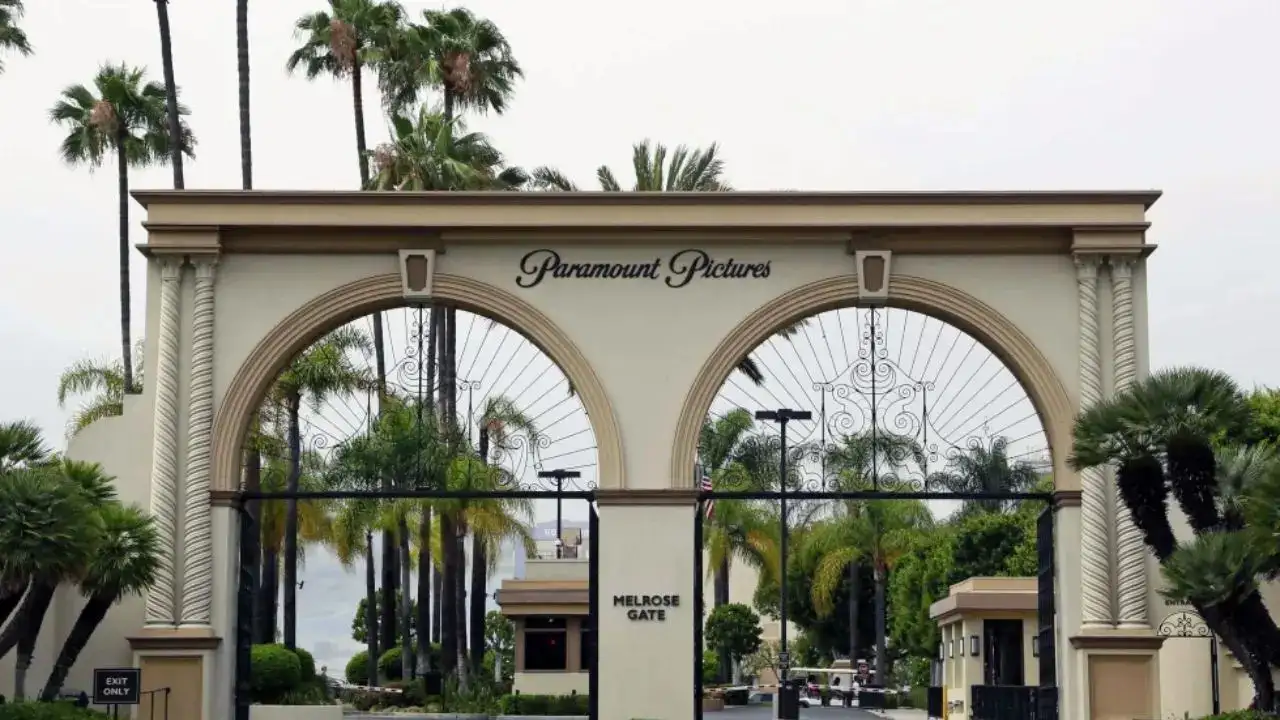Copyright Slate

Sign up for the Slatest to get the most insightful analysis, criticism, and advice out there, delivered to your inbox daily. Earlier this month, news broke that Dominion Voting Systems had been sold to a former Republican election official. The announcement that the second-largest U.S. voting system vendor would be in the hands of a self-declared partisan sparked concerns and speculation on blogs and social media. Should a former Republican official be charged with providing and programming the voting machines to count more than a quarter of all U.S. ballots? As someone who has studied election systems and the election industry for 20 years, I’ve gotten questions from family and friends wanting to know if this is something to be worried about. My response has been: Not particularly. But don’t misunderstand the nonchalance—it’s not because it’s not wildly inappropriate and troubling for a declared partisan to control voting equipment. It’s because the partisan ownership of an election supplier is merely one aspect of the badly broken, opaque, and corrupted election system industry that we’ve been subjected to for decades. The terms of the Dominion sale have not been disclosed, so we do not know the price, or if the buyer, Scott Leiendecker, received financing from undisclosed parties. If Leiendecker has other investors (who may or may not be partisan), they now also own a stake in Dominion (rebranded as Liberty Vote). Before it was sold, Dominion was financed primarily by undisclosed investors through the private equity firm Staple Street Capital, which means that we never actually knew who controlled and financed Dominion. And that’s par for the course—the other two leading voting system vendors, Election Systems & Software and Hart InterCivic, are also owned principally by private equity firms that refuse to disclose their investors. If this seems like a bad idea to you, you’re right. To address it, Congress has made some sporadic and weak attempts to unmask the financials and financers behind the voting machine companies without success. In 2020, at a hearing of the House Administration Committee, a member asked the vendors to disclose their annual profits—profits that are entirely made up of taxpayer dollars—but the vendors refused to answer. The committee also sought the identity of any investor with more than a 5 percent stake in each company. The vendors simply defied the committee and would not provide answers. Congress never followed up. The possibility that foreign entities could be financing or maintaining election infrastructure also remains a serious concern that has been overlooked or ignored. In 2018, it was revealed that Maryland’s voter registration database host, ByteGrid LLC, was owned by a private equity firm in which the principal shareholder was a Russian oligarch with close ties to Vladimir Putin. In 2024, New Hampshire was shocked to learn that the vendor it had hired to revamp its voter registration system had outsourced part of the job to offshore contractors who apparently connected the system to Russian servers. Nor would the Dominion sale be the first time an owner exhibited partisan ties or affiliations. Election Systems & Software, the largest voting system vendor, which counts over 46 percent of votes, is financed by the private equity firm the McCarthy Group. The McCarthy Group was founded by Michael McCarthy, who served as treasurer for Republican Sen. Chuck Hagel’s campaign in the 1990s. Hagel reportedly invested significantly in the McCarthy Group, and after leaving office, joined as a senior adviser. In 2004, Walden O’Dell, then president of the now-defunct voting system vendor Diebold, brazenly and notoriously wrote a fundraising letter for George W. Bush’s presidential campaign that pledged to deliver Ohio’s electoral votes for Bush. There is no regulatory framework in place to prevent such blatant partisanship in the election industry. Further, the business of contracting for election systems has been marred by the often cozy relationships between the vendors and election officials, and stained by allegations of improper gifts and influence. In 2019, a McClatchy News investigation revealed that ES&S treated election officials to free trips, entertainment, and meals through an “advisory board” it created. The same year, ES&S was forced to pay nearly $3 million in fines for violating lobbying and campaign donation rules in Pennsylvania. In the “shocking but not surprising” category, the same Philadelphia commissioners who received the improper donations ignored a scathing report from the city comptroller and deafening public opposition to approve a $29 million contract with ES&S. (And one of those commissioners is now the secretary of state of Pennsylvania.) It’s been a big mess, but it’s gotten even worse since Donald Trump’s Big Lie about the 2020 elections. Lawmakers, election officials, and pro-democracy organizations have shied away from scrutinizing or criticizing the voting machines and their manufacturers, even when scrutiny or criticism is warranted. But ignoring the issue doesn’t solve it. More than anything, the sale of Dominion underscores the profound lack of transparency, meaningful regulation, and oversight of the election system industry that has existed for decades. But it doesn’t have to persist—states can enact laws and policies to regulate the vendors, ban gifts and donations, and force election administrators to keep vendors at arm’s length. Election officials can require transparency of ownership and financials from vendors by including and enforcing clauses in their contracts that require financial disclosures. In addition, the U.S. Election Assistance Commission, which runs the voluntary testing and certification program, can make financial and ownership disclosures a prerequisite for participation in the federal program. The sale of Dominion to a Republican partisan is, at bottom, a reminder: These are our elections. We should know who’s running them.



